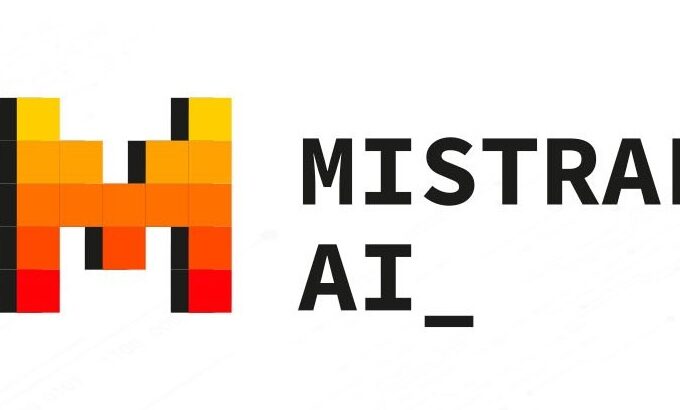
Meta Opens Access to Llama AI for US National Security Purposes
Meta, the social media and technology giant, has announced that it will be making its open-source Llama AI models available to US government agencies and defense contractors working on national security applications. This move represents a shift in Meta’s previous policy, which prohibited the use of its technology for military or warfare purposes.
The company’s president of global affairs, Nick Clegg, stated that this decision is aimed at “supporting the safety, security, and economic prosperity of America—and of its closest allies too.” By collaborating with US defense agencies and private sector partners, Meta hopes to contribute to the country’s technological leadership and the establishment of American open-source standards in the global race for AI dominance.
Llama, Meta’s series of large language models (LLMs), has the ability to process vast amounts of data, making it valuable for tasks such as data analysis, language translation, and content generation. The company is partnering with several tech giants, including Oracle, Lockheed Martin, Amazon Web Services, and Microsoft Azure, to bring Llama to government agencies.
Oracle, for instance, plans to use Llama to streamline aircraft maintenance processes, enabling technicians to diagnose and address issues more efficiently. Lockheed Martin is integrating Llama into its “AI Factory” to boost data analysis and code generation capabilities for defense applications. Scale AI, on the other hand, is fine-tuning the model to support specific national security missions, such as planning operations and identifying adversary vulnerabilities.
Meta’s decision to make Llama available for US national security purposes comes amid growing competition with countries like China, where researchers linked to the People’s Liberation Army (PLA) were recently reported to have adapted an older version of Llama for defense purposes. Clegg emphasized the importance of ensuring that “American open-source models to excel and succeed over models from China and elsewhere.”
The move has raised concerns among some, as the use of AI for military and defense purposes has been a subject of ongoing debate. Employees at several tech companies, including Google and Microsoft, have previously protested their employers’ contracts with the US military. However, with the increasing demand for AI capabilities in the national security domain, tech firms may be more motivated than ever to collaborate with government agencies.



